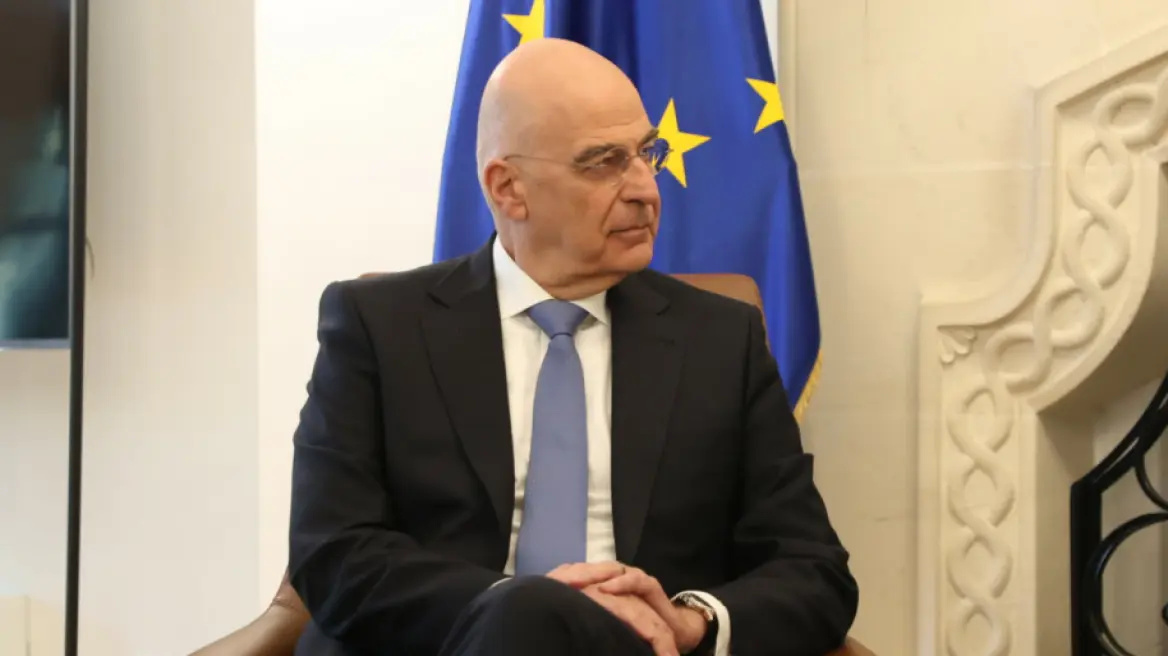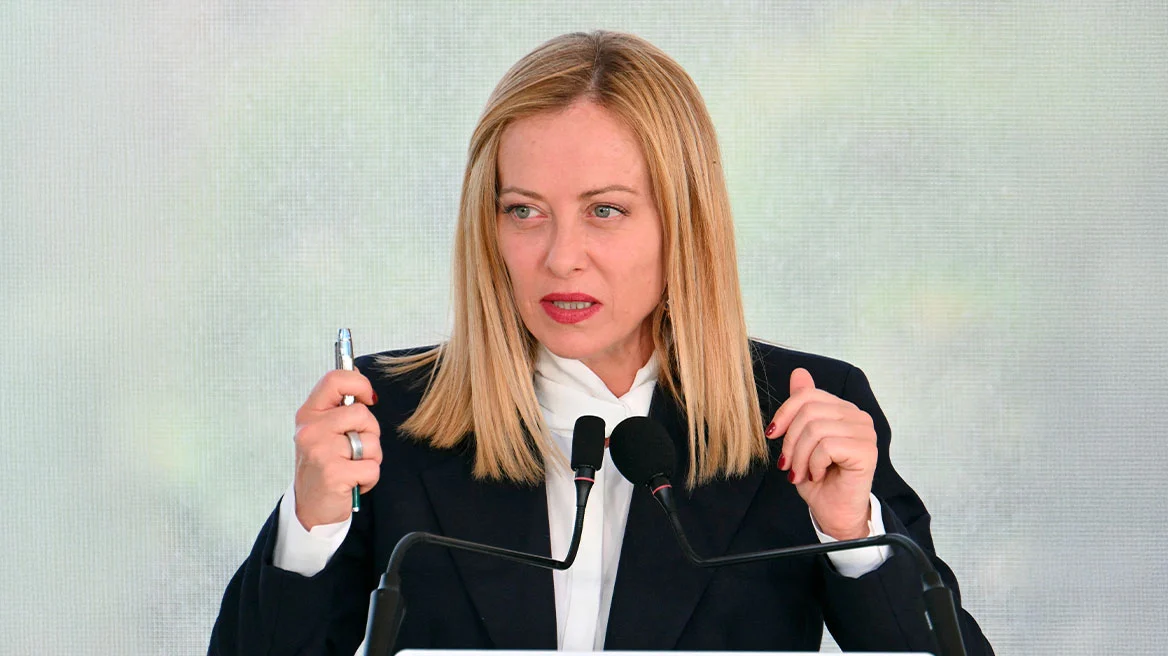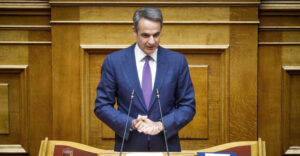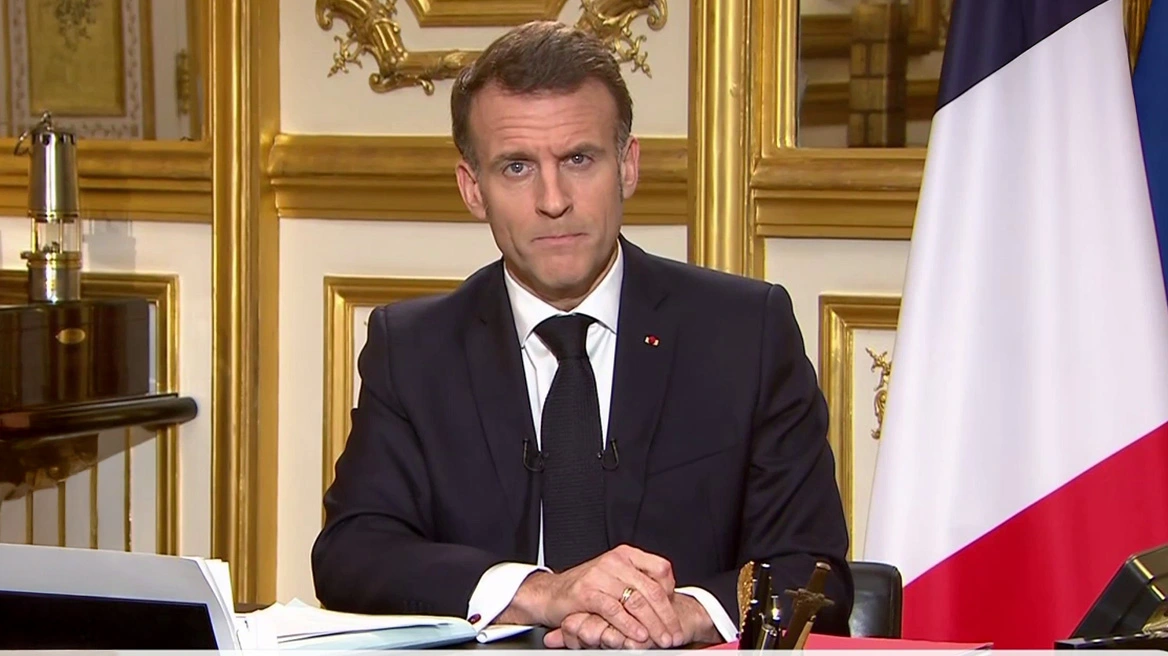With Androulakis’ re-election to the leadership almost certain after the first-round election results, PASOK had only a gain of 31,000 members and friends yesterday, as turnout once again rose to just over 300,000 citizens, up from 272,000 in 2021 and 400,000 in 2015 for ND. This time the polls were right, as largely the betting companies did – and the question is whether the party will continue to hold second place in the polls after the second round with a distinct lead over SYRIZA.
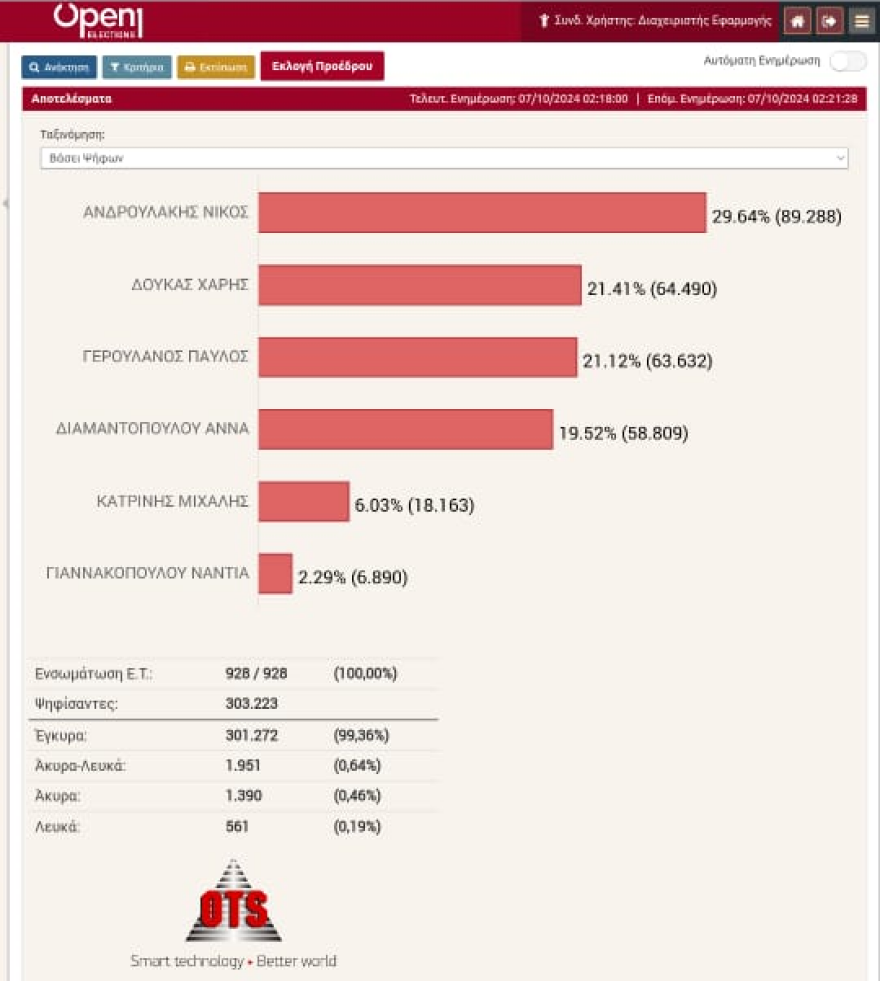
Nikos Androulakis lost – compared to the 2021 primary – about 10.000 votes in yesterday’s election despite the increased turnout and dropped below 30% (he was at 36% in 2021), but he had to face three (not two, as in 2021, when Giorgos Papandreou and Andreas Loverdos were in the race) roughly equal opponents, who practically canceled each other out, but also dealt him blows.
At the same time, the party’s two speeds emerged for the umpteenth time, as the two gladiators in the second round – Nikos Androulakis and Harris Dukas – now have one thing in common: They dominated the rest of Greece and were crushed in the largest region, Attica, where PASOK’s president came in third and the mayor of Athens fourth, in the municipality he governs.
The expected re-election of Androulakis will maintain PASOK’s distance from Attica, where the party is behind the KKE, while Harris Doukas faced a punishing vote in both the Municipality of Athens and in eastern Attica, where the party’s seat is held by its key ally, Manolis Christodoulakis.
The PASOK president was first in 9 regions – he dominated again in Crete despite a reduced turnout and was only pushed in the Cyclades, Western Macedonia, Thessaly, Central Macedonia and the Peloponnese, either by Anna Diamantopoulou, or by Charis Doukas – while losing Western Greece to Michalis Katrinis who was playing in his home state, Epirus to Charis Doukas and Ionia to Pavlos Geroulanos.
In Attica, where Pavlos Geroulanos was first and Anna Diamantopoulou was second, Mr. Androulakis was third, as in 2021 – but the big surprise was the fourth place of Haris Doukas, who could not capitalize on his victory in the Municipality of Athens: on the contrary, he was in fourth place and won the ticket to the second round of the elections by a few hundred votes against Pavlos Geroulanos, who showed signs of high political culture by congratulating his rivals, refusing to enter into a process of contesting such a marginal result.
Nikos Androulakis’ imminent victory in the second round lies in the fact that all five of his co-candidates stand against him, but without supporting his opponent: It is telling that both Pavlos Geroulanos, Anna Diamantopoulou and Michalis Katrinis insisted on the need for post-election unity and refused to take a position on one of the two “gladiators”, as did Nadia Giannakopoulou, who was content to state, as she did during the pre-election period, that she would remain on the front line after the election result.
The conclusion is that at a time when New Democracy is registering governmental attrition and Syriza is facing existential problems, PASOK is “freezing time” without addressing its main electoral problem, which is Attica, i.e. the center of the political spectrum. The fact that the two candidates who appeal to the center – Anna Diamantopoulou and Pavlos Geroulanos – are out of the second round only magnifies the deficit.
Ask me anything
Explore related questions

